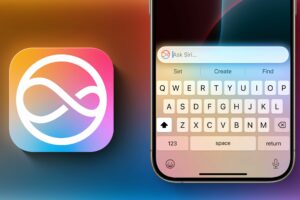Introducing kids to coding from an early age can spark curiosity, develop problem-solving skills, and open doors to future opportunities. Here are some ways to make it fun and engaging:
Start with Building Blocks, Not Syntax
Preschoolers (3-5 years old)
- Coding toys and robots: Use interactive toys like robots or coding blocks that introduce basic concepts like sequencing, loops, and conditional statements through play.
- Unplugged activities: Create unplugged coding games like coding challenges with cards or instructions, or even obstacle courses to follow directions.
Elementary Schoolers (6-10 years old)
- Visual programming languages: Platforms like ScratchJr or Blockly offer drag-and-drop interfaces to create animations, games, and stories, introducing core programming concepts without complex syntax.
- Apps and games: Explore educational apps designed to teach coding through gamified experiences and puzzles.
- Start with simple projects: Encourage them to create small projects they’re passionate about, like a personalized greeting card or a simple animation.
Focus on Creativity and Problem-Solving
- Make it relevant to their interests: Let them explore coding through topics they enjoy, like animation, game design, or even Minecraft mods.
- Encourage experimentation: Don’t worry about perfect code. Let them experiment, make mistakes, and learn from them.
- Celebrate their achievements: Recognize their progress and celebrate every milestone, big or small, to keep them motivated.
Provide Resources and Support
- Online courses and tutorials: There are numerous free and paid online resources with interactive lessons and tutorials designed for kids.
- Coding camps and workshops: Consider enrolling them in age-appropriate coding camps or workshops for more structured learning experiences.
- Coding clubs or communities: Find local coding clubs or online communities where kids can connect with peers and learn from each other.
Remember
- Keep it fun and engaging: Use age-appropriate tools, games, and activities to avoid overwhelming them.
- Focus on the journey, not just the destination: Enjoy the process of learning and exploration rather than solely aiming for complex projects.
- Be patient and encouraging: Learning to code takes time and practice. Offer support, guidance, and positive reinforcement throughout their journey.
By following these tips and fostering a love for learning, you can introduce kids to the exciting world of coding and set them on a path to future success in this ever-evolving technological landscape.
















Add Comment